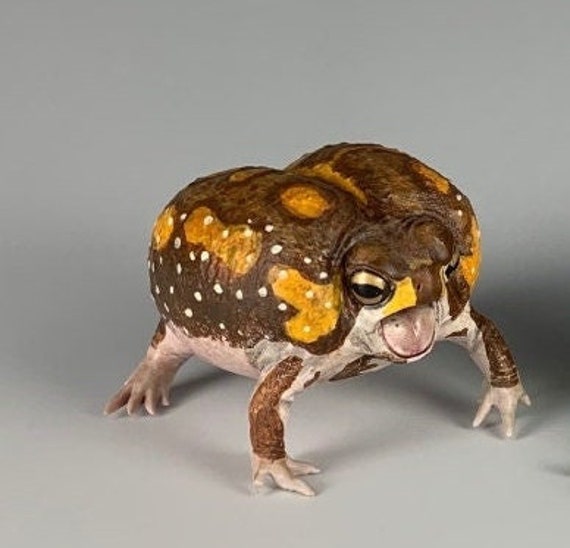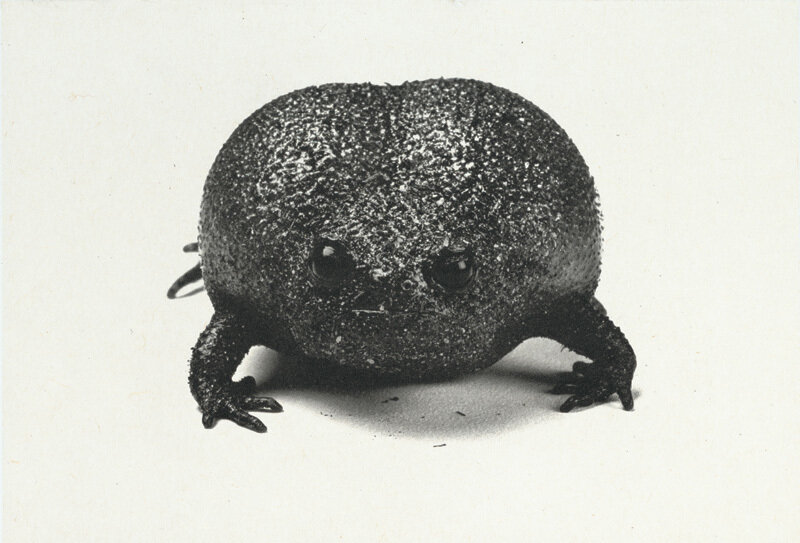Explore Rain Frog for Sale: Elevate Your Pet Game with a Unique Amphibian Pal!
Explore Rain Frog for Sale: Elevate Your Pet Game with a Unique Amphibian Pal!
Blog Article
Common Wellness Issues in Reptiles: Symptoms and Solutions
In the complex globe of reptile care, comprehending the common wellness problems that might influence these unique creatures is critical in guaranteeing their health. From respiratory infections that can quietly take hold to metabolic bone illness that can debilitate, reptiles are at risk to a variety of disorders that call for eager monitoring and timely treatment. Whether it's coming to grips with parasitic infestations, navigating dehydration problems, or attending to skin disorders that materialize in refined means, being attuned to the signs and symptoms and furnished with the knowledge of efficient services is essential for any type of reptile owner. By diving even more into the subtleties of these health concerns and checking out the functional solutions available, one can protect the health and wellness and vitality of these fascinating pets.
Respiratory System Infections
Respiratory system infections in reptiles can dramatically impact their general wellness and need prompt interest from knowledgeable veterinarians. In reptiles, respiratory system infections can be especially challenging to identify and treat due to their special anatomy and physiology.
Treatment for breathing infections in reptiles generally includes a combination of helpful treatment, such as keeping correct moisture levels and temperature level slopes in the enclosure, as well as targeted medication to resolve the specific pathogen in charge of the infection. It is essential for reptile owners to check their pets carefully for any signs of respiratory distress and look for veterinary treatment at the earliest indication of a problem. With timely treatment and suitable therapy, several reptiles can recoup completely from respiratory system infections and resume typical tasks.

Metabolic Bone Disease
What elements add to the growth of Metabolic Bone Illness in reptiles?
Metabolic Bone Condition (MBD) in reptiles is largely caused by a lack of appropriate calcium, phosphorus, and vitamin D3 levels in their diet. In addition, inadequate exposure to UVB light protects against reptiles from synthesizing vitamin D3, which is vital for calcium absorption and bone health and wellness.
Other adding factors to MBD consist of incorrect temperature gradients within the reptile's environment, bring about reduced metabolic process and damaged calcium absorption. Insufficient moisture degrees can also affect a reptile's capacity to metabolize calcium properly. In addition, particular reptile species have certain nutritional demands that, if not met, can boost the chance of developing MBD. Routine veterinary exams, correct husbandry practices, and a well balanced diet are necessary to prevent Metabolic Bone Illness in reptiles.
Parasitic Infestations
Parasitic infestations position a considerable wellness risk to reptiles, influencing their overall well-being and calling for timely vet interest. Reptiles can be impacted by different bloodsuckers, including termites, ticks, internal worms, and protozoa. These parasites can create an array of signs and symptoms, such as weight management, sleepiness, skin irritability, diarrhea, and even death if left neglected.
One usual bloodsucker discovered in reptiles is the mite, which can cause skin anemia, irritation, and stress and anxiety. Ticks are one more exterior parasite that can send illness and cause pain to the reptile. Inner parasites like worms and protozoa can result in gastrointestinal concerns, lack of nutrition, and damage the reptile's body immune system.
To detect a parasitic infestation, a veterinarian might perform fecal examinations, skin scrapings, or blood examinations. Therapy commonly involves deworming medicines, antiparasitic bathrooms, or in severe cases, a hospital stay. Preventative actions such as normal veterinary examinations, proper hygiene, and quarantine procedures for brand-new reptiles can help reduce the danger of parasitical problems and make certain the wellness of reptile pet dogs.
Dehydration and Hydration Issues
Dehydration in reptiles can significantly influence their health and health, requiring prompt treatment and proper hydration administration. If left untreated, dehydration can lead to serious health and wellness concerns and also be deadly to the reptile.
To avoid dehydration, reptile proprietors should ensure that their pet dogs have access to tidy water in all times. The water dish must be huge enough for the reptile to saturate in if needed, particularly for species that take in water with their skin. Furthermore, preserving proper humidity levels in the reptile's room and supplying normal baths can help stop dehydration.
In situations of dehydration, it is critical Recommended Site to seek vet care promptly. A vet may administer fluids either orally or via injections to rehydrate the reptile. It is important to deal with the underlying cause of dehydration to avoid reoccurrence and guarantee the reptile's overall well-being.
Skin Disorders

Conclusion

Breathing infections in reptiles can considerably influence their general health and need prompt interest from experienced vets (rain frog for sale). Preventative measures such as Read Full Report routine vet exams, appropriate hygiene, and quarantine procedures for new reptiles can aid reduce the risk of parasitic invasions and guarantee the health of reptile family pets
If left unattended, dehydration can lead to significant wellness issues and also be fatal to the reptile.
Consistently examining your reptile for any type of adjustments in skin color, look, or appearance can help in very early detection and treatment of skin disorders, advertising the general health and wellness of your flaky friend. - rain frog for sale
In verdict, reptiles are prone to different health and wellness concerns such as respiratory system infections, metabolic bone disease, parasitic invasions, dehydration, and skin conditions.
Report this page